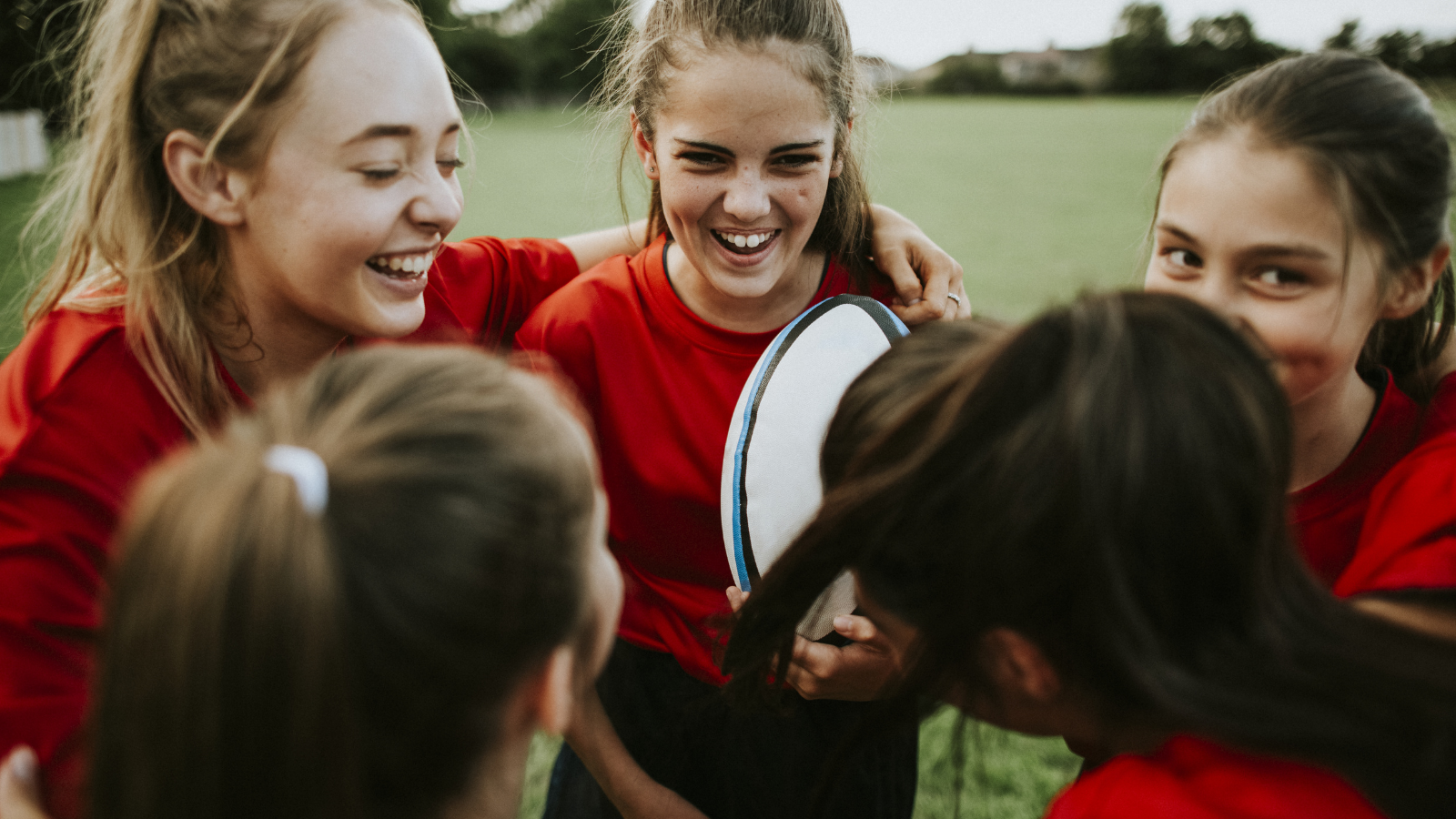
Lead Investigator: Dr Simon Sebire
Background
Being physically active is good for children’s physical and mental health. Few adolescent girls are active enough to get these health benefits and teenage girls face lots of barriers to being physically active. Research shows that most school-based programs to increase adolescents’ physical activity are ineffective, few good quality studies have been conducted in the UK and new approaches are needed.
As children move into adolescence, friends’ opinions and activity levels become very influential on their beliefs about and levels of physical activity. If we can harness the power of peer-influences to have a positive impact on adolescent girls’ activity levels, then this could be a new way to inspire girls to become and stay active. Previous research has found that peer-led anti-smoking projects can reduce teen smoking rates (e.g., DECIPHer-ASSIST). In these projects, teens nominate peers who they think are influential and who they respect, to be peer-supporters. These pupils attend out-of-school training about smoking and then are asked to return to school for 10 weeks and have informal conversations with their peers to persuade them not to smoke or to quit. In this study we want to adapt this idea to develop and test the feasibility of an intervention to train 12-13 year old girls to influence their friends’ physical activity.
Aims and Objectives
The feasibility trial aims to answer two questions: 1. Is it feasible to conduct a cluster RCT evaluation to investigate the effectiveness of the PLAN-A intervention (i.e. can we recruit, retain and collect data from adolescent girls and successfully run the intervention)? 2. Does the intervention show evidence of promise to increase the moderate-to-vigorous physical activity of 12-13 year old girls?
Study Design
The study comprises two phases:
In Phase 1 we will conduct formative and evaluative qualitative research comprising focus groups and interviews with participants and training deliverers addressing how to adapt the peer-led intervention model to target physical activity promotion among girls. We will pilot the intervention in one school.
Phase 2 comprises a two-arm cluster-randomised controlled feasibility trial of the peer-led intervention conducted in six schools identified as above the local median for deprivation. Participants will be entire Yr 8 female cohorts (approximate N=660). Two control schools will receive no intervention. In the four intervention schools, at least 15% of Yr 8 girls, nominated by their peers, will be trained as peer-supporters in a two-day, off-site interactive education programme. Peer-supporters will then diffuse messages about physical activity to their peers through informal conversations for 10 weeks, supported by a mid-point training day. Diffusion of Innovations Theory will inform the overall intervention and peer-supporter training will be based on Self-Determination Theory and will be delivered by individuals educated in PA/public health and experienced in working with young people.
Minutes of moderate-to-vigorous physical activity (probable primary outcome in a definitive trial) and psychosocial outcomes will be measured using accelerometers and questionnaires respectively before randomisation (baseline), at the end of the intervention and at 12 months post-baseline.
A process evaluation will assess delivery, implementation, mechanisms of impact and context using qualitative and quantitative approaches among peer-supporters, non-peer supporter pupils, parents, training deliverers and school contacts. Data will be collected to allow the intervention costs to be estimated and to examine the feasibility and appropriateness of the methods needed to calculated cost-effectiveness alongside a definitive trial.
Further Information and Publications
‘Study to use ‘peer power’ to address low physical activity rates in teenage girls’ – News article on the University of Bristol website, 5 March 2015
Start
April 2015
End
July 2017
Funders
NIHR
Intervention costs will be funded by South Gloucestershire and Wiltshire councils.
Amount
£527,571